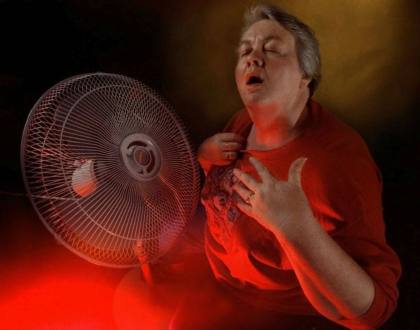POZ magazine and poz.com claim to be the leading publication and website in the U.S. about HIV/AIDS. The March 2010 issue has a great article by Suzanne Bopp about menstruation, menopause, and HIV. As with medical and cultural knowledge about HIV itself, understanding of how HIV affects menstruation continues to evolve. Irregular menstruation is a common complaint of women with HIV, but
“[Today] we have a better grasp of factors associated with abnormal menstrual cycles: substance abuse, AIDS, wasting disease—it relates more to overall nutritional status,” says Kristine Patterson, MD, clinical assistant professor at the University of North Carolina School of Medicine in Chapel Hill. “If the body doesn’t have enough fat, production of estrogen and progesterone shuts down,” Patterson says. This can happen anytime a woman loses too much weight, and it is exacerbated by advanced HIV disease, which causes the body to burn calories more rapidly.
. . . .
Researchers do know, however, that female hormones affect the virus—and that sex hormones generally have an impact on immunity. “We know that where a premenopausal woman is in her menstrual cycle affects her infectiousness,” Patterson says. “Estrogen plays a role—not only in HIV and the interplay of HIV and meds, but also in [the likelihood of] women transmitting and acquiring HIV.” Estrogen’s role may explain why women progress to AIDS at lower viral loads than men.
Highly recommended. Read the whole thing.


